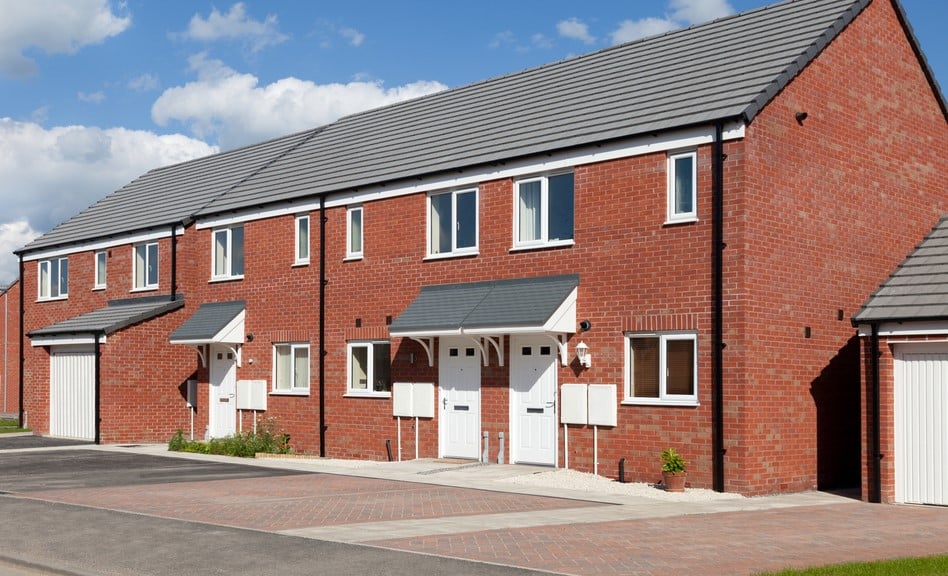
0:03 AM, 2nd August 2023, About A year ago
Text Size
Some London residents earning more than £30,000 are being excluded from so-called affordable rent schemes provided by social housing providers, the BBC reveals.
These schemes are designed to provide housing options below market rates for those with lower incomes.
However, a BBC investigation highlights that some social housing landlords demand applicants earn between £35,000 and £60,000 to be considered eligible.
This has prompted MPs to call for an inquiry into the tenant selection process.
The term ‘affordable housing’ encompasses various rental and home buying schemes, each with its own specific requirements which causes confusion among applicants.
The affordable housing sector has undergone significant changes since the introduction of affordable rent schemes in England in 2011.
These schemes were intended for individuals with limited incomes and aimed to offer rates at least 20% below market value in each area.
Both councils and private organisations can provide affordable rents if they are registered social housing providers.
But one issue is that many landlords do not disclose their minimum income criteria for applicants, making it challenging for potential tenants to determine if they qualify.
Out of 40 affordable housing listings examined by the BBC, 28 did not state any minimum income requirements, while the remaining 11 demanded earnings between £30,000 and £60,000, with one exception set at £27,750.
The Office for National Statistics says that the median salary in London is around £34,000 per year and critics say the lack of clarity surrounding income requirements raises concerns about accessibility and fairness.
According to the housing charity Shelter, renters with lower incomes are being deliberately excluded by housing providers in favour of higher-earners – because they are more likely to meet their monthly rent.
This preference for higher-earning tenants, the charity adds, is a result of government cuts to affordable housing funding, forcing providers to prioritise their financial bottom line.
The Department for Levelling Up, Housing and Communities emphasised that affordable housing is intended for those with limited incomes, and any offers made must align with this principle.
A spokesperson for the department expressed strong disapproval of providers who mislead tenants with inaccurate advertising, considering such practices as ‘completely unacceptable’.
The director of strategic sales at L&Q, the social housing provider, John Lumley, told the BBC: “Demand for these schemes is very high, and our processes are designed to make sure that we are matching customers with the best possible home for them.”
He added that there is eligibility information on L&Q’s website and that its advisers “work with prospective customers to support them to make an informed choice about applying for these schemes or, where appropriate, other options.”
Labour MP Clive Betts, who chairs Parliament’s housing select committee, called on the Regulator of Social Housing to do a “very precise investigation” on how tenants are being selected for affordable housing.
Currently, the regulator oversees most providers, but does not monitor affordability checks or the way people are chosen for tenancies.
He said: “It seems to me that if the associations are regulated and their tenancies are regulated, then how the tenancies are set up and how they are advertised should be regulated as well.”
Previous Article
Average UK rent shatters the previous recordNext Article
Did anyone see the BBC programme on heat pumps?